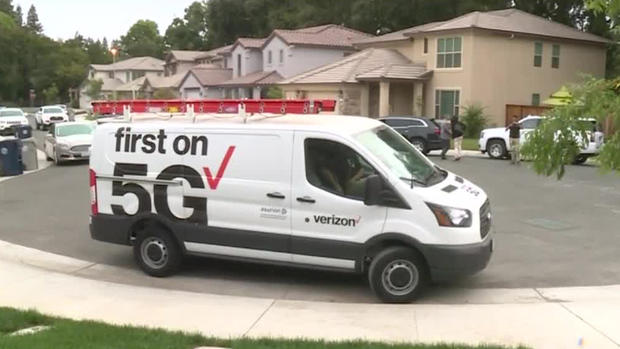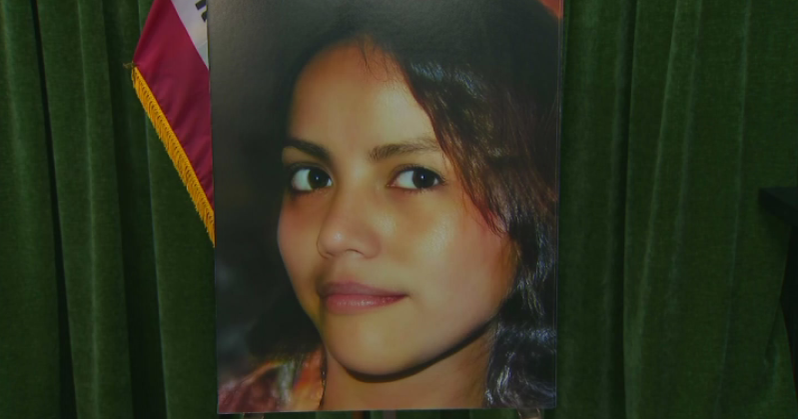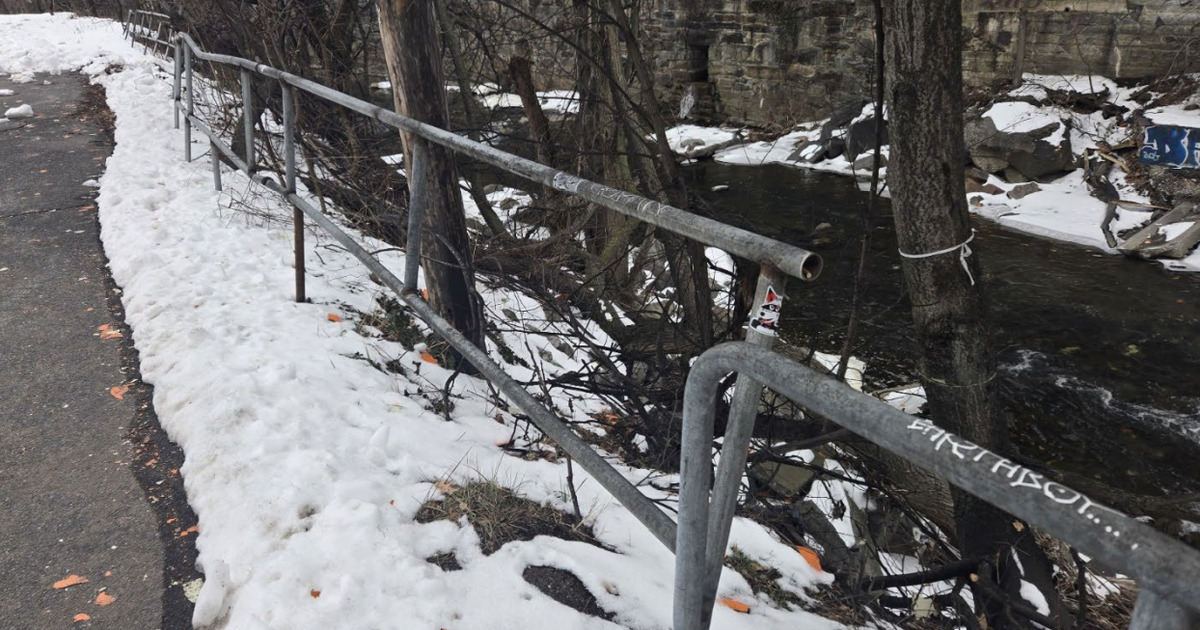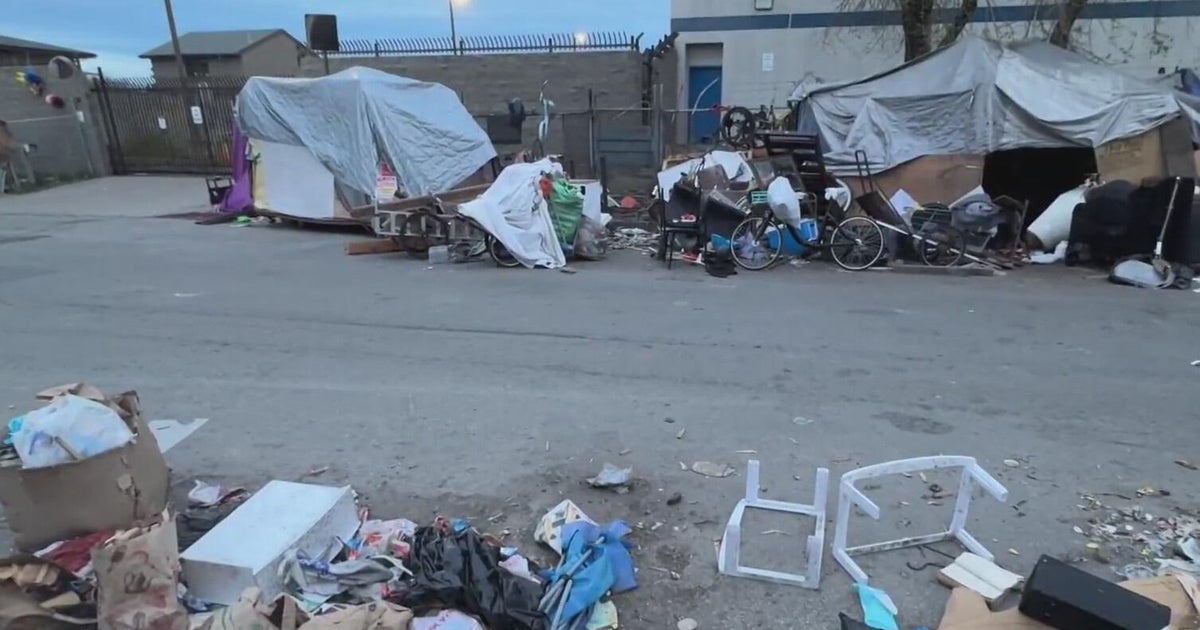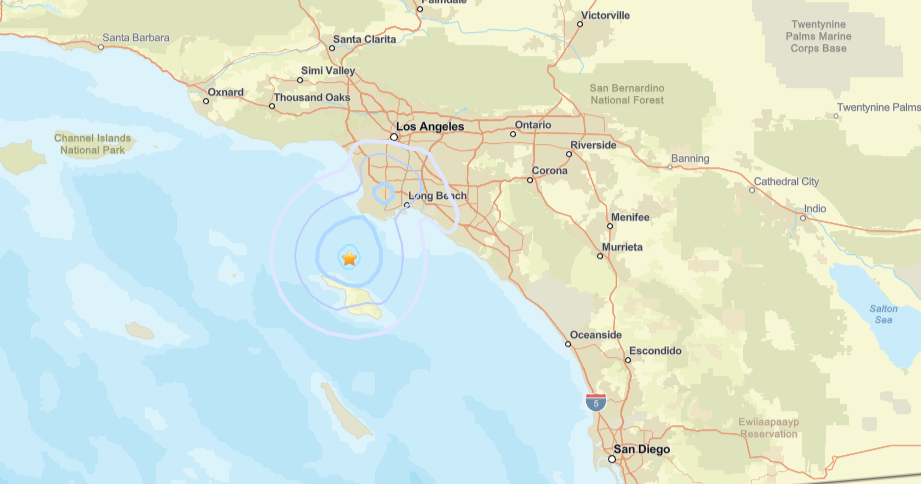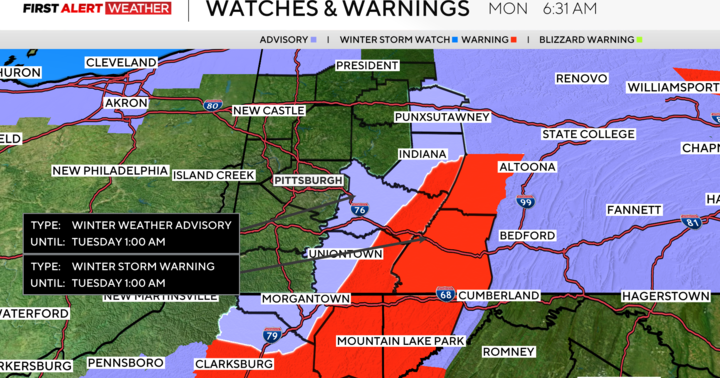Research Firm Believes Verizon 5G Home In Sacramento May Not Succeed
SACRAMENTO (CBS13) - A research firm specializing in media and telecommunications issued an in-depth report this week explaining why it believes Verizon's 5G Home service may not succeed.
Sacramento is one of four US cities where Verizon began rolling out fixed wireless broadband last October and an analysis conducted specifically in Sacramento by MoffettNathanson Research suggests that nearly six months later, fewer than one tenth of one percent of people living in single family homes here have signed up for the service. The study concedes that while multi-family dwellings could boost the percentage, it was not possible to determine the number of subscribers in large apartment and condominium complexes.
Verizon 5G Home promises ultra-fast internet and streaming TV at the monthly price of $50 for existing wireless customers, $70 for non-Verizon subscribers.
The report titled "A Peek Behind the Curtain of Verizon's 5G Rollout" uses data provided by the city of Sacramento under a public records act request combined with the firm's independent search of 45,000 street addresses using the database on Verizon's 5G Home website. The database reveals which addresses have or might have 5G service and which addresses have already subscribed.
The research revealed that the 273 small 5G cell sites installed by Verizon under an agreement with the city of Sacramento cover less than six percent of residential addresses in the seven zip codes analyzed -- and of those eligible addresses, fewer than half have signed on with Verizon.
A previous analysis of Verizon 5G Home in Sacramento by EJL Wireless Research focused on the technical challenges facing the service which uses millimeter wave technology with a very short range. The author of that report estimated Verizon would need as many as 4,000 5G sites to adequately cover Sacramento.
While addressing the technical issues involving Verizon 5G Home, the MoffettNathanson analysis focuses more on the potential profitability of the service. The report concludes that Verizon's assumption that wireless broadband is cheaper to deploy than fiber is flawed, and offers a model showing the cost of running fiber to subscribers' homes system-wide could actually be 64 percent cheaper than installing small cell wireless.
MoffettNathanson says it was already skeptical about Verizon's overall chances of earning a positive return on its 5G Home initiative and its analysis of the service in Sacramento has made it even more so.
"Our findings in Sacramento – limited coverage, low penetration – preliminary though they may be, suggest that earning an attractive return will be challenging, at best," the report concludes.
